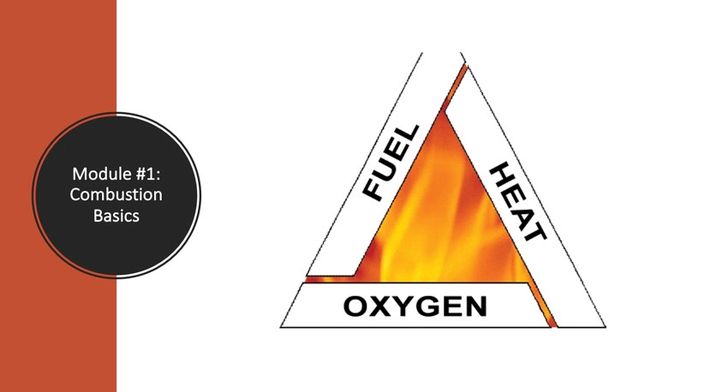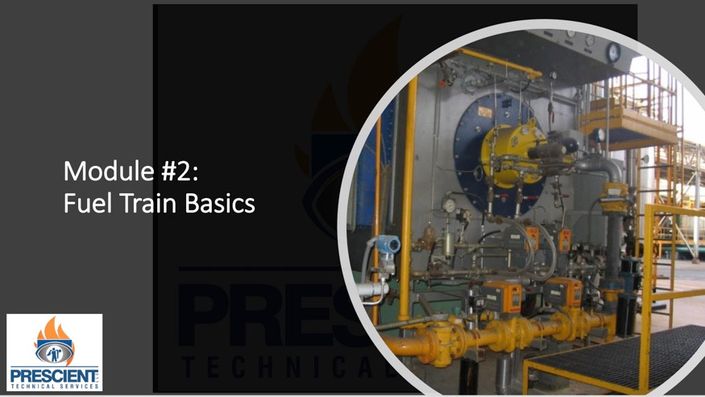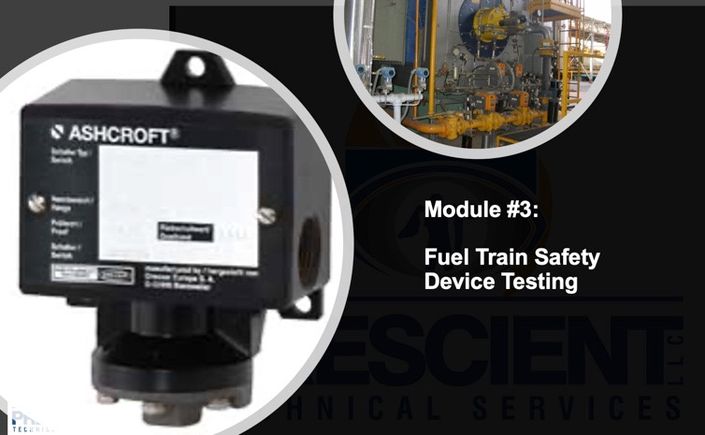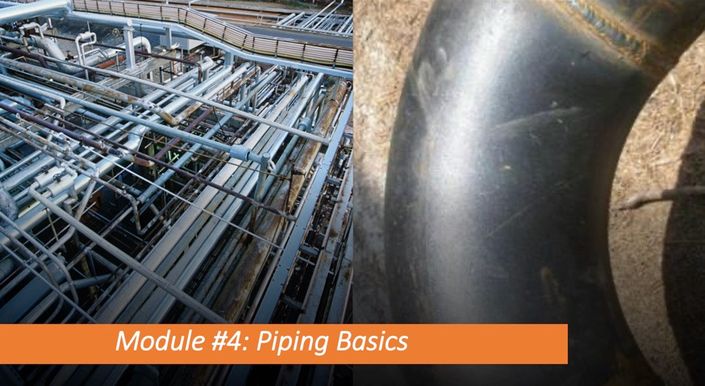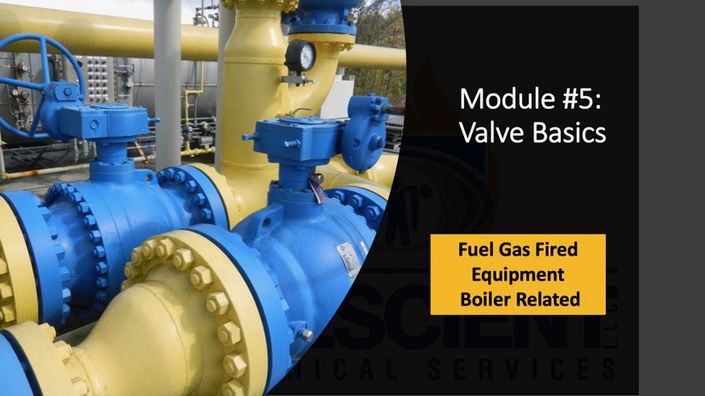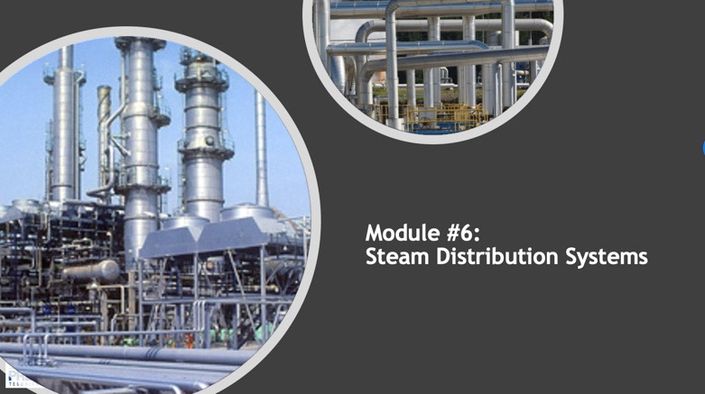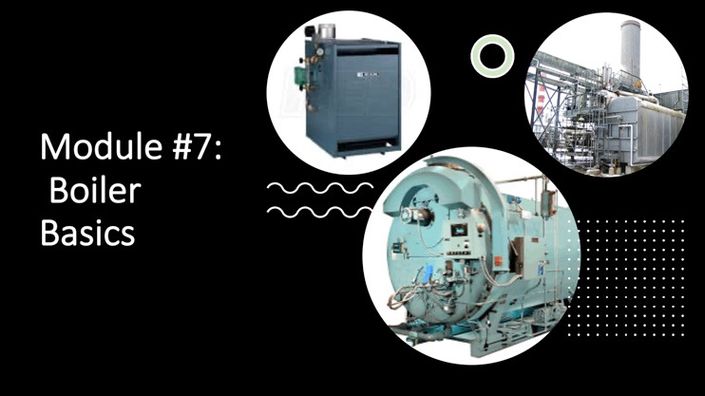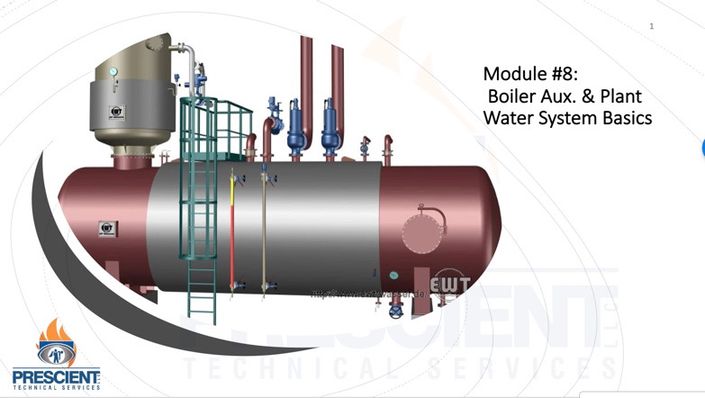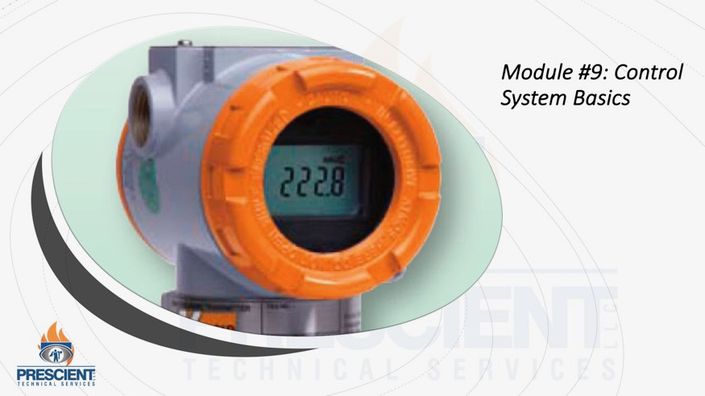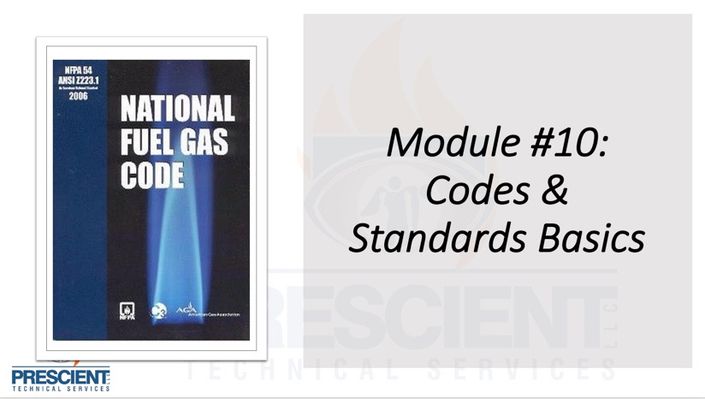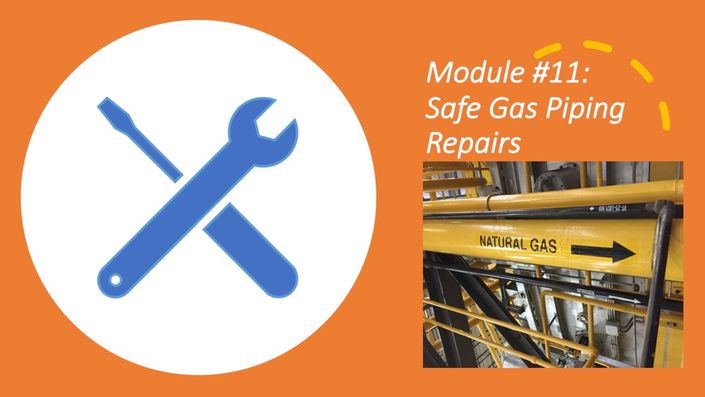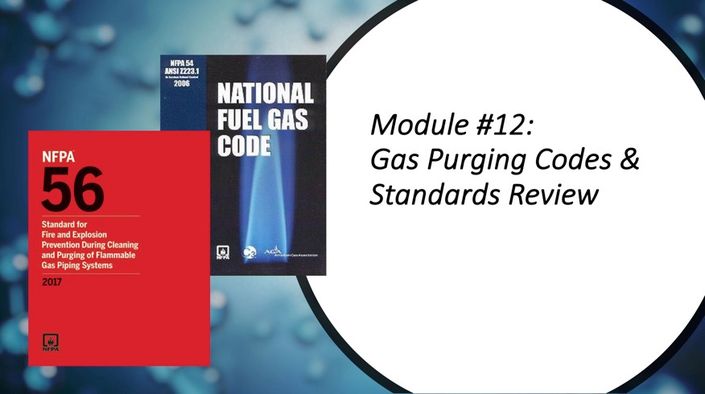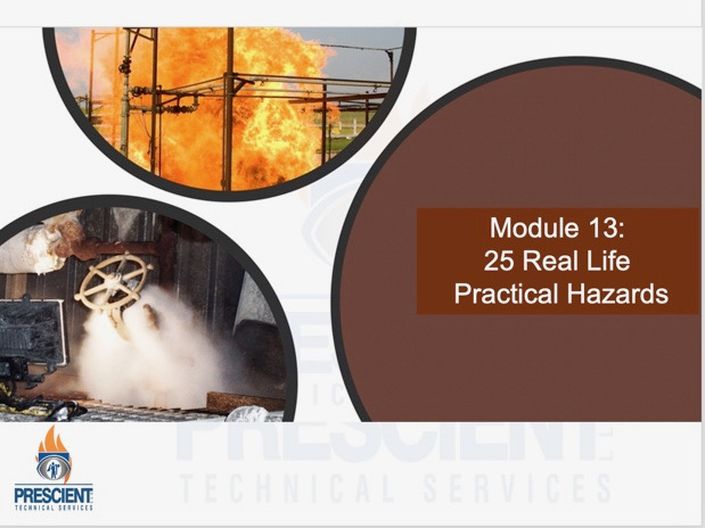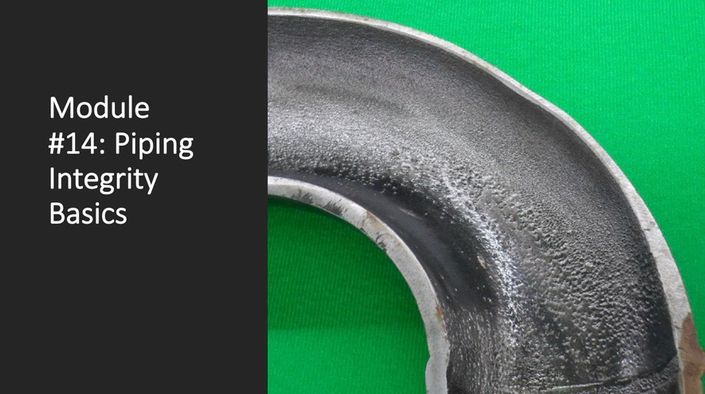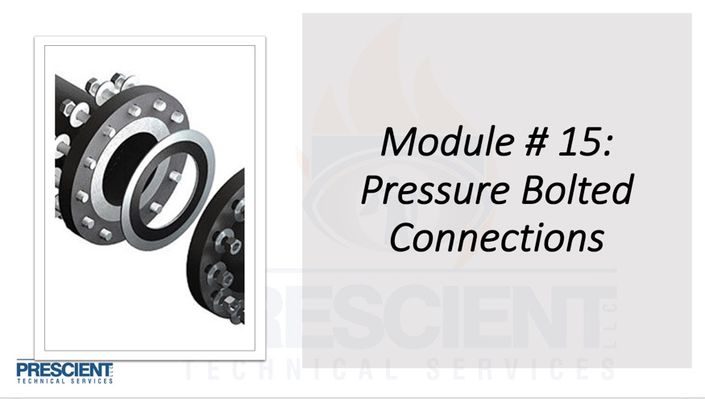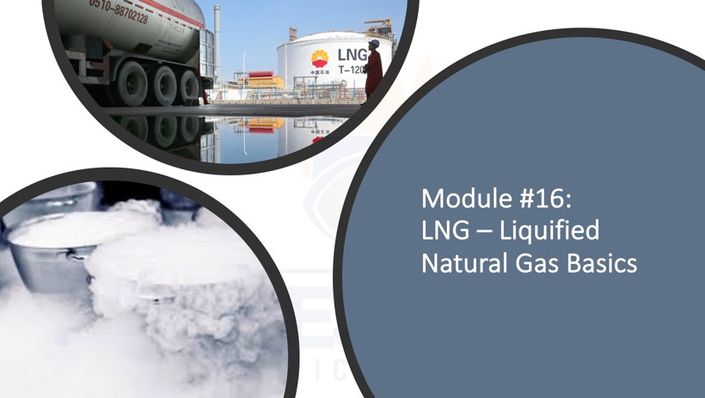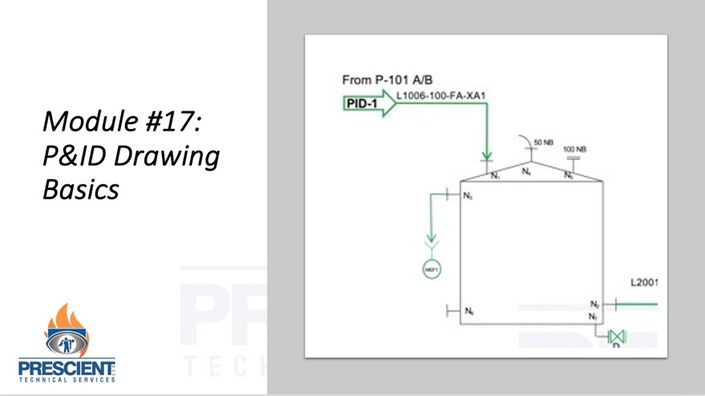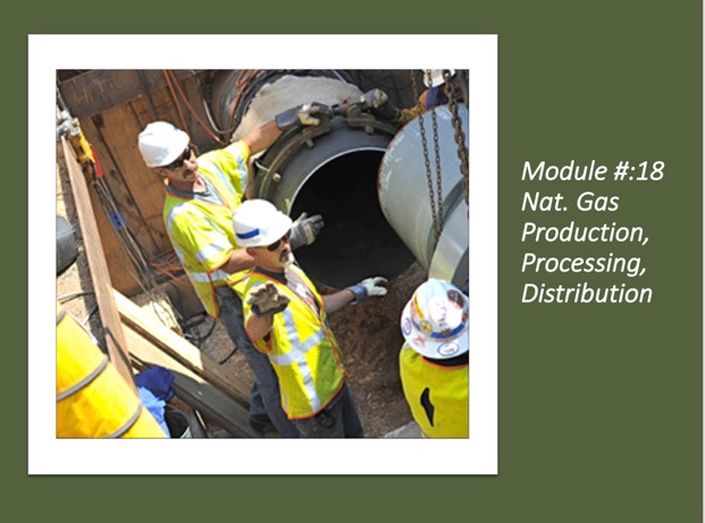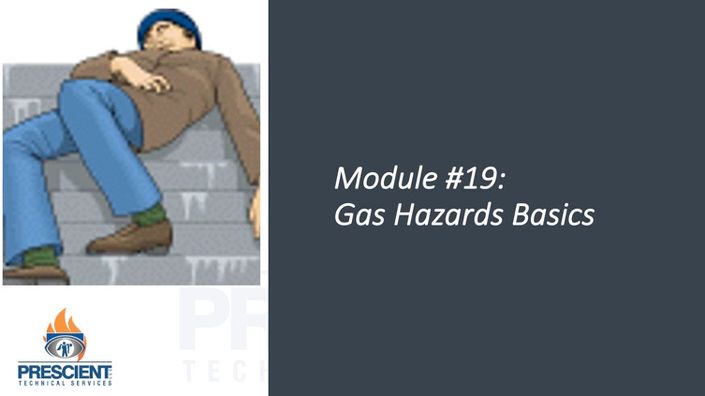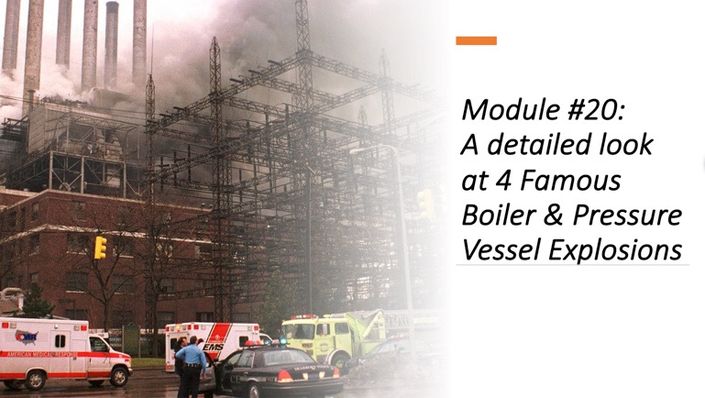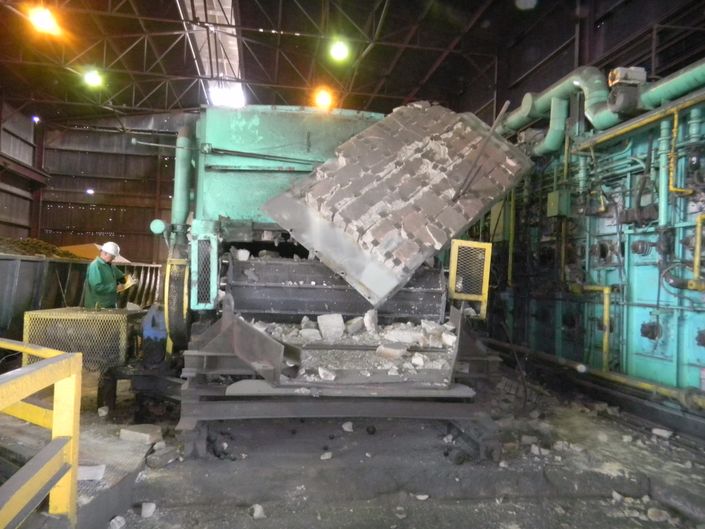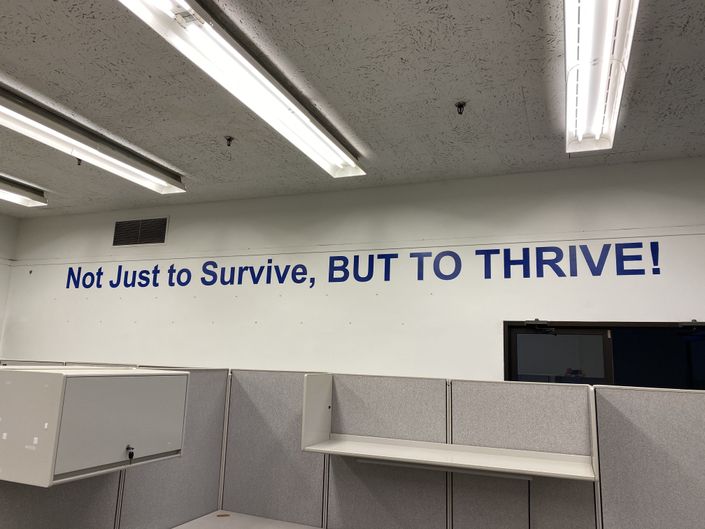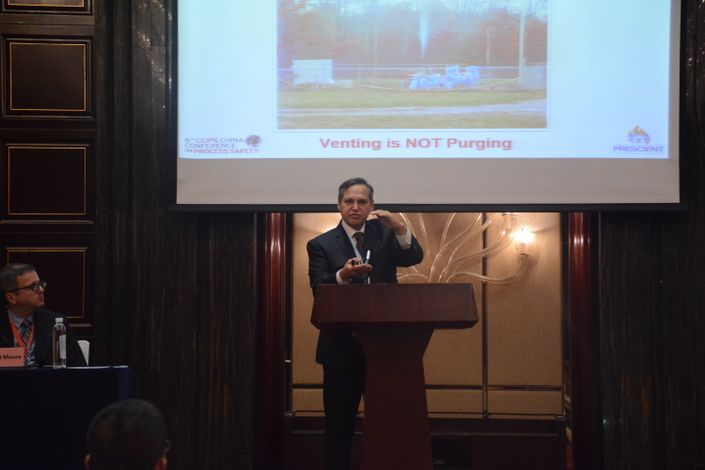
Simple and effective explanations from someone who has been at this for over 40 years, member of many NFPA committees, and has trained thousands all over the world. Money back guarantee, you will be pleased and see value!
20 Things You Will Learn
1. Discussion of 8 frequent reasons that piping systems fail.
2. Three (3) important standards documents and guidance related to mechanical integrity programs giving you places to look for more information and details.
3. Eighteen (18) different factors to consider when thinking through the risks and hazards related to steam and fuel systems piping.
4. Key issues to consider when evaluating the potential for erosion failure, where it is most likely to occur and how.
5. NDT, non-destructive testing methods for measuring thickness of piping where erosion may have occurred.
6. Four (4) different kinds of Corrosion, (CUI, chemical, FACS, and galvanic) and where it is most likely to happen.
7. Three kinds of cracking failures: stress corrosion/hydrogen embrittlement, fatigue, and creep.
8. Discussion of several kinds of weld failures and factors that can be important in welding reliability.
9. NDT methods including magnetic particle, dye penetrant and X-ray.
10. Defects that may be identified during X-ray of welds
11. Material failures including chemistry, out of specification piping, lamination and other defects that occur in piping materials, fittings, and flanges.
12. Cathodic protection systems (passive), anodes and how they get checked.
13. Impressed current cathodic protection systems and how they work.
14. Flange/piping isolation systems and why they exist and what they are designed to do.
15. Corrosion types including crevice, uniform, microbiological and pitting.
16. Pipe coatings to avoid exterior corrosion, measuring tools for coatings
17. Leading organization for becoming a corrosion expert and resources available
18. Galvanic corrosion cells, (dissimilar metals), and how they set up and work
19. NDT evaluation techniques and references for identifying TML’s, (thickness measuring locations)
20. Risk management considerations for addressing mechanical integrity scopes of work and frequencies.
Example Curriculum - 43 Minutes of content, w/o quizzes
Every Piping Failure Needs to Be Understood - Root Causes!
You must take the perspective that things just don't happen. Understanding how things fail and why provide a basis for minimizing risks in the future. This course provides a foundation for you to begin a mechanical integrity program and to put some process to preventing future failures.



